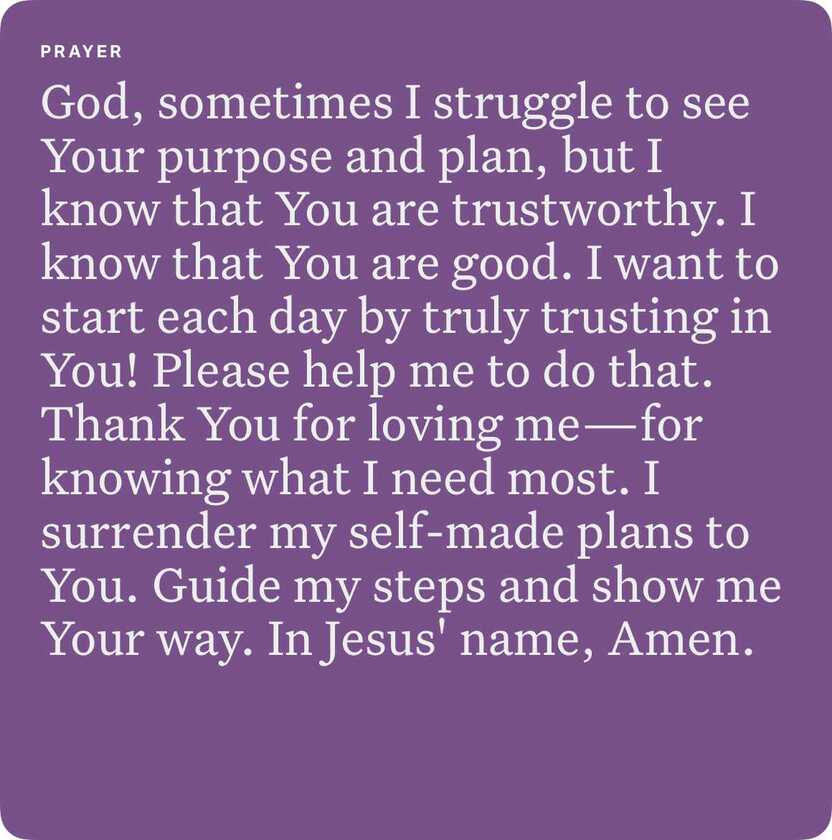I will share about Christian books I have read or listened to.
I will be sharing about my life before and after Christ. I will include stories about my pet and other pets I have encountered.
God is Our Comfort
Have you ever looked around you and wondered, “why is there so much evil, wickedness, and pain in the world?”
In Psalm 94, King David is extremely upset about the state of humanity. People are blaming God for the world’s rampant wickedness as though God did not see it and did not care (verses 1-7). So David reminds his audience that the Lord is Creator, and He knows, sees, and hears all that goes on (verses 8-11).
Because of God, David could say, “When the cares of my heart are many, your consolations cheer my soul.” (Verse 19)
King David’s “cares of the heart” were because of the wickedness and evil he saw—and our world is not much different. But David’s consolation in all the evil he witnessed was his Creator and Savior.
That’s why He could close his psalm by writing, “But the LORD has become my stronghold, and my God the rock of my refuge. He will bring back on them their iniquity and wipe them out for their wickedness, the LORD our God will wipe them out.” (Verses 22-23)
This isn’t the most pleasant psalm to read. It’s full of pain and anger, sorrow and injustice. But, it’s a prayer of hope and perspective which we can learn from.
There is wickedness, injustice, and war all around us. But in the midst of pain and brokenness, we can follow King David’s example and look to God for comfort and peace. God took care of our shame and sin through the death of Jesus Christ, and He will one day take care of all wickedness and evil.
Until then, like David, we can say, “When the cares of my heart are many, your consolations cheer my soul.”
By trusting in God and knowing that He will one day wipe away all wickedness, we can bring Him our hopes, dreams, fears, and concerns and receive His comfort.
So right now, think about the cares you have that need to be given to God. How can knowing God cheer your soul?
Morning Mercies
Each morning, when the sun pours over the horizon, you have an opportunity.
David—who held many titles throughout his lifetime: shepherd, warrior, giant-slayer, King of Israel, and a man after God’s own heart—said it like this when he was talking to God:
“Let me hear of your unfailing love each morning, for I am trusting you. Show me where to walk, for I give myself to you.”
Psalms 143:8 NLT
David recognized that each day was an opportunity…
TO HEAR OF GOD'S UNFAILING LOVE. His mercies are new every morning (Lamentations 3:23) and His love endures forever (Psalm 118:2). But sometimes, we forget. Most times, we need to be reminded. Just as winter can’t be stopped from blooming into spring, we can’t stop the mercies of a brand new day.
TO TRUST HIM AGAIN. God is good, constant, faithful, merciful, honest, loving, unlimited, all-powerful, and the source of everything that exists. In fact, He can’t not be those things! No matter what we’re ...















